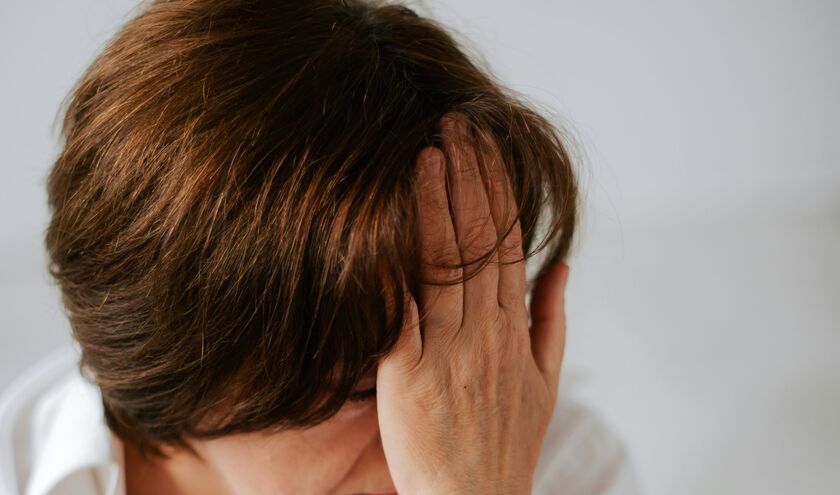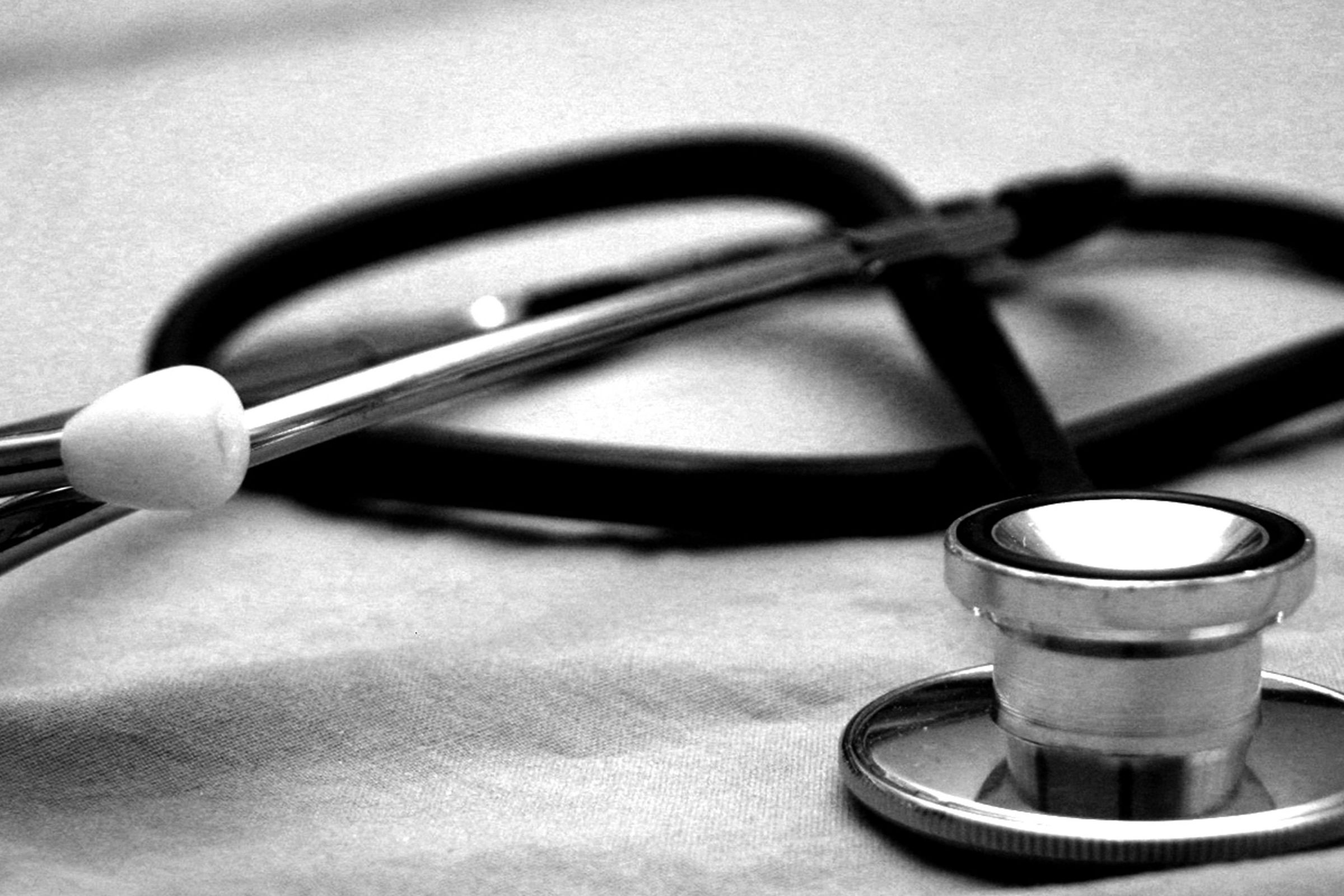The IFS found an increase in the rate of prevalence in 2023-24 compared with 15% in the mid-2010s, with the rate for the least wealthy third of women rising from 30% to 39%.
In contrast, the share of men aged 55–64 experiencing depressive symptoms has been stable, averaging 11% over this period (and 22% for the least wealthy third of men).
Inequalities were also found in physical health with no improvement in mobility issues for the poorest third of women, with around 55% reporting at least one mobility problem, compared with declining overall rates for men and women aged 55–64 (32% to 22% and 43% to 36%, respectively).
In 2002-03, 7% of men and women aged 55–64 reported six or more health problems (out of a set of twelve), however, by 2023–24, almost four times as many women as men reported six or more health problems (3% of men and 11% of women).
The IFS highlights the findings are an important predictor of labour market activity with the Government having set an ambitious target to increase the employment rate of 16- to 64-year-olds to 80% (from its current rate of 75%).
Bee Boileau, a research economist at IFS and an author of the report, said: ‘Mental health problems are often discussed as a young person's problem. The rise in mental health problems among women in their late 50s and early 60s in recent years, particularly among poorer women, shows that this is not the whole story. Policymakers looking to increase employment for those in the run-up to state pension age – a group for whom there is likely to be significant potential to boost employment rates – should take account of the headwind from worsening mental health for poor women.'
Sam Atwell, policy and research manager at The Health Foundation, said: ‘The rapid rise in mental health conditions among working age people presents a big challenge for the Government and employers. People with mental health conditions, such as depression or anxiety, have among the lowest employment rates of people with any health problem. With the State Pension Age set to rise, and growing pressures on the welfare system and public spending, it's critical that the Government builds on the recommendations of Sir Charlie Mayfield's Keep Britain Working review to make workplaces more accessible and to provide early support for those at risk of falling out of work.'



